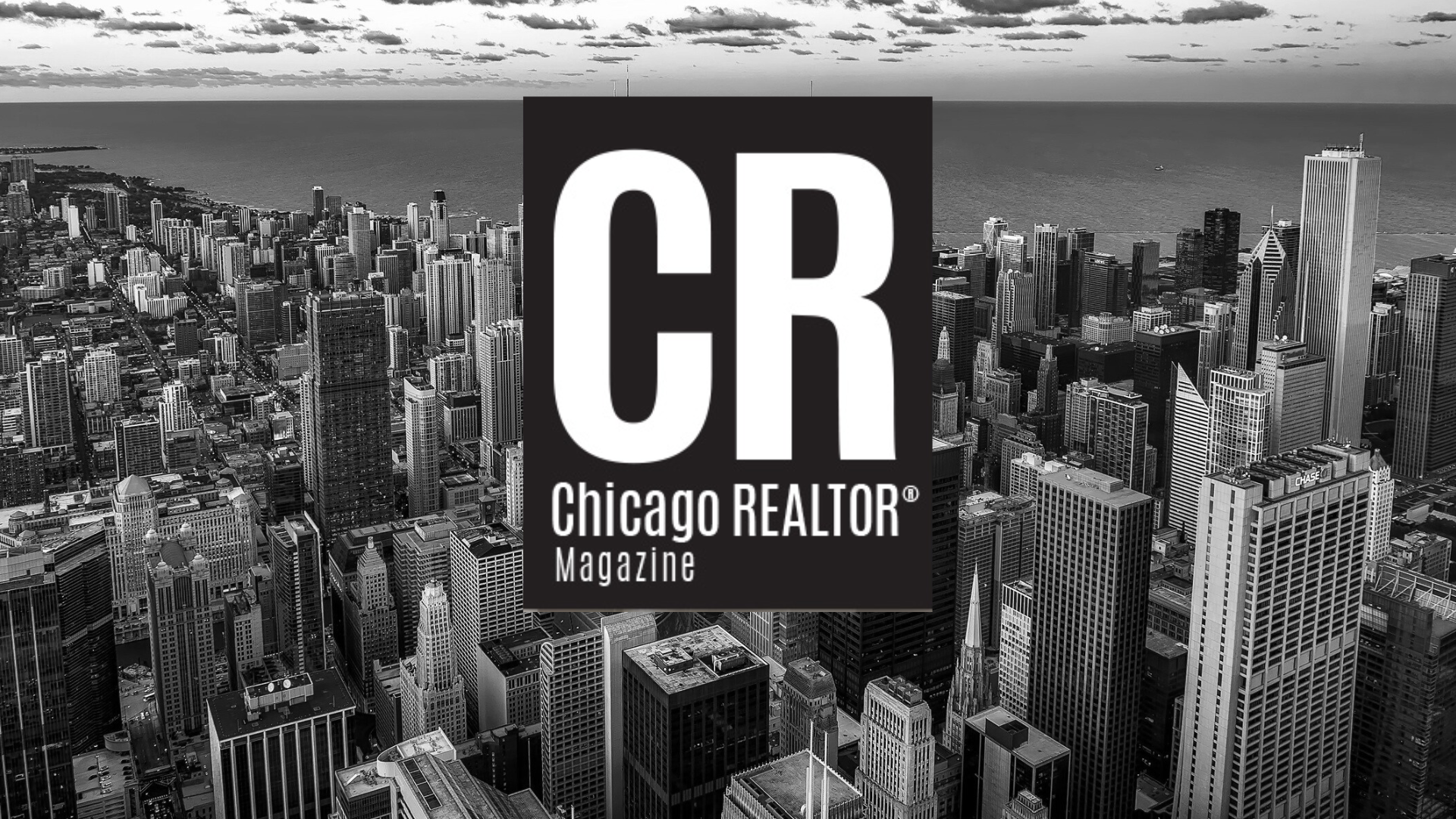With the advent of smart technology in the home — doorbells, speakers, cameras and more — surveillance issues are more prevalent than ever.
You need to be aware of the kinds of surveillance your clients may have in their homes — and you need to be aware when showing listings to clients, you’re probably being recorded. But, with a few simple precautions, you can maintain your advantage at the negotiation table and stay in compliance with Illinois eavesdropping laws.
WHAT QUESTIONS SHOULD I ASK MY CLIENTS ABOUT SURVEILLANCE AND SMART TECH?
You should have a list of questions when you’re doing a client intake, and you should add questions about surveillance and smart technology to this list. Simply ask, “Is your home equipped with video and/or audio recording devices/smart technology and/or surveillance? If so, which devices?”
Talk to your attorney for further guidance about how to best advise your clients. You should also advise your clients to consult with an attorney regarding their smart home technology and surveillance, and what they should disclose.
WHAT SHOULD BE DISCLOSED?
In Illinois, there is a relatively new law in place regarding eavesdropping. The key question: is there an expectation of privacy in a home for sale?
Out of an abundance of caution, assume you are being recorded the minute you step onto a property. If you haven’t advised clients to assume they are being recorded, you should do so either in the car on the way to the showing or at the curb, as you don’t know the surveillance that will be in place on the property, and you don’t want to find yourself at a disadvantage during the negotiation process.
Best practices for disclosure as advised by Betsy Urbance, General Counsel at Illinois REALTORS®, are:
VIDEO: If video surveillance is being used, there is no requirement of consent from others so long as you’re not filming private spaces, like a bathroom or closet, where there is a reasonable expectation of privacy. So, keep an eye out for those video doorbells, outside security cameras, etc.
AUDIO: There is a difference when recording with audio or audio with video, and the expectation of privacy is less defined: if there is an expectation of privacy, then other parties must give consent.
TIPS FOR SELLERS:
• Be aware of state and federal regulations—Illinois has a statute on what is permissible, and what is not.
• Talk with your client about the presence of any recording equipment.
• If your client has video surveillance, post notice that cameras are in use near the entrance of the property.
• If your client has audio surveillance, best practice is to post notice of possible recordings or have potential buyers sign something before entering the property.
WHAT BUYERS NEED TO KNOW:
• Assume your conversations and interactions are being recorded.
• Take care to not give anything away through your body language or conversations.







